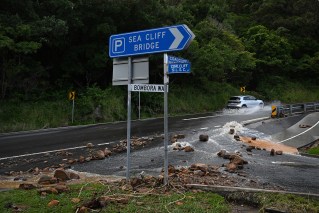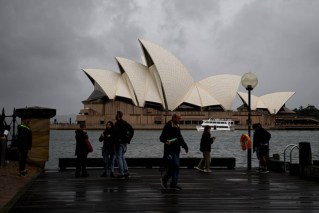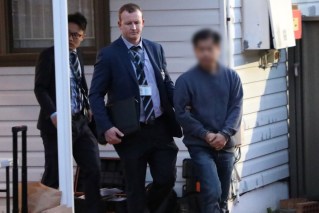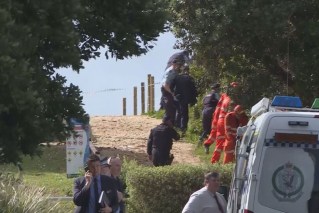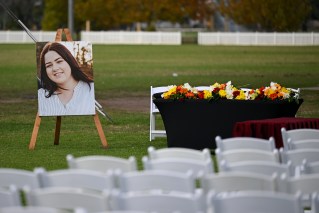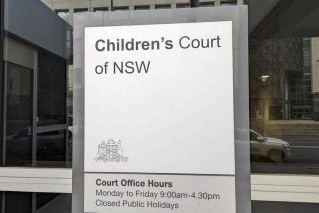Ted Mack, ‘Father of Independents’, dies
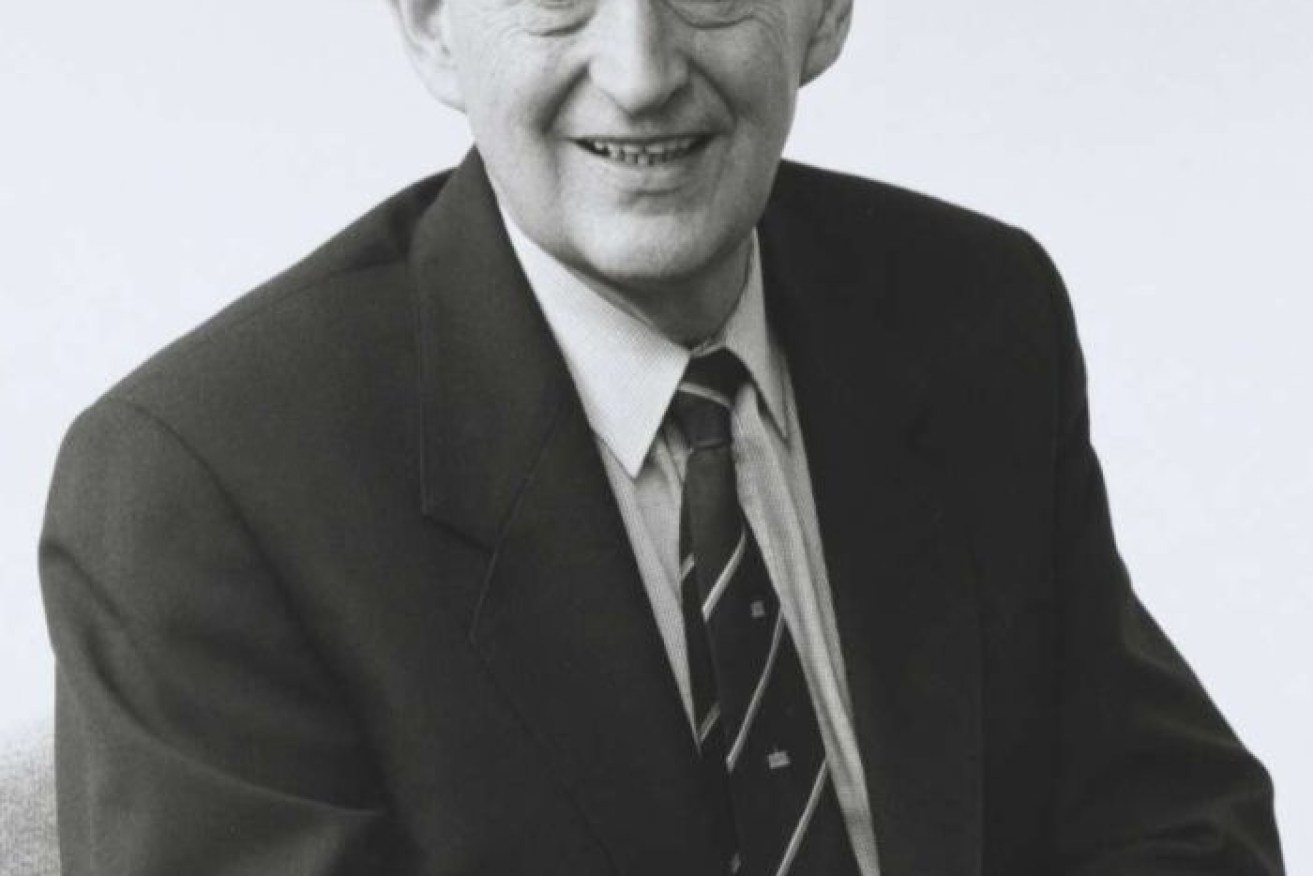
Ted Mack was a trailblazer for Independents. Photo: Loui Seselja/National Library of Australia
If North Sydney Council hadn’t approved a 17-storey office block by his back fence in the early 1970s, the remarkable political career of Ted Mack, the ‘Father of Independents’, wouldn’t have happened.
That galvanised Mack, who stormed through all three tiers of Australian government as an independent.
His enormous political success was built on one potent idea – that the people, not the politicians, should have the power.
This led him to advocate citizen-initiated referendums, the direct election of prime ministers and presidents, time limits on office-holders, proportional representation and much more open government.
Critics may have called him everything from anarchist to right-wing loony, but the people of North Sydney – the one place where he was able to put some of his ideas into practice – kept voting for him.
Edward Carrington Mack, who died peacefully on Tuesday aged 84, was born in Sydney on December 20 1933.
He was diagnosed with stage four lung and brain cancer in 2016. “Late last week he had a stroke from which he didn’t recover,” his family said in a statement.
Mack became a NSW government architect and for years was apolitical, living in his sandstone home with his wife Wendy and their four children.
His only political act was to help organise a petition supporting Jorn Utzon, the Danish architect of the Sydney Opera House, after he fell out with the state government in 1966.
Then came the office block, and his activism.
Mack was elected to North Sydney Council in 1974 and became mayor in 1980.
He promptly sold the mayoral Mercedes and bought community buses with the proceeds.
More fundamentally, he introduced a radical system of direct democracy.
Mack started by opening up council business, with the public able to see all files and reports and attend all meetings.
Then the council area was divided into 25 precincts where monthly meetings, open to all, were held to discuss everything that affected the residents before going to council.
Residents could also list proposals to go to referendum and over five years 40 were held, in conjunction with council elections.
Mack said virtually all the referendums resulted in sensible decisions that council adopted.
He said the system made council more efficient because it had the people’s trust and could make decisions without the protest groups and inquiries that usually hamstring local government.
In 1981 Mack entered the NSW parliament by winning the Liberal heartland seat of North Shore.
He retired in 1988, two days before he would have qualified for a parliamentary pension, as a statement against what he saw as political greed.
Two years later he broadened his stage still further, going to Canberra after beating Liberal frontbencher John Spender in the federal seat of North Sydney.
His first speech was solely about the need to reform Australia’s corrupt and secretive system of government, run by a small group of politicians, bureaucrats and private interest groups.
His basic principle was that a decision by the people was more likely to be right than one by an elite group.
Mack’s interests were wide and he opposed matters as disparate as Sydney Airport’s third runway, unilateral tariff cuts, privatisation and the first Gulf War.
He served two terms and left, again just before he would have been entitled to a generous parliamentary pension.
Mack continued to rail against the system.
“The (major) parties are rife with careerists, cronyism, nepotism and the fostering of corruption,” he once said.
“They have become like two Mafia gangs vying for power to gain control of the Australian treasury to distribute benefits to those who fund them and their `mates’. Elections become multi-million dollar competitions between two advertising agencies offering false promises and election bribes.”
When attacking parliamentary rorting, he turned the old aphorism that if you pay peanuts you get monkeys neatly on its head: “If you pay more peanuts, you often get gorillas.”
In 1998 Mack was elected to the constitutional convention. He went into it a Republican but came out an opponent of the model that went to referendum. He became a director of the Real Republic, which pressed for direct election of the president.
In federal parliament, Mack was often a solitary voice. But while North Sydney went back to the Liberals when he retired, he helped pave the way for more independents – Phil Cleary, the late Peter Andren, Cathy McGowan, Bob Katter, Tony Windsor, Rob Oakeshott and Andrew Wilkie, with the last three largely determining the government after the 2010 election delivered a hung parliament.
North Sydney is probably his main monument. While he later thought it had slipped since his days as mayor, it was still much more participatory than in the bad old days of that office block; and many other councils had adopted some of its ideas.
The office block was the key.
“If North Sydney Council hadn’t annoyed me I doubt if I would ever have become involved in politics at all,” he said in 1997.
“I didn’t have any burning desire to change the world – just a few simple principles like the workings of government should be totally open to public scrutiny.”
A public memorial service will be held in Sydney later this month.
-AAP


